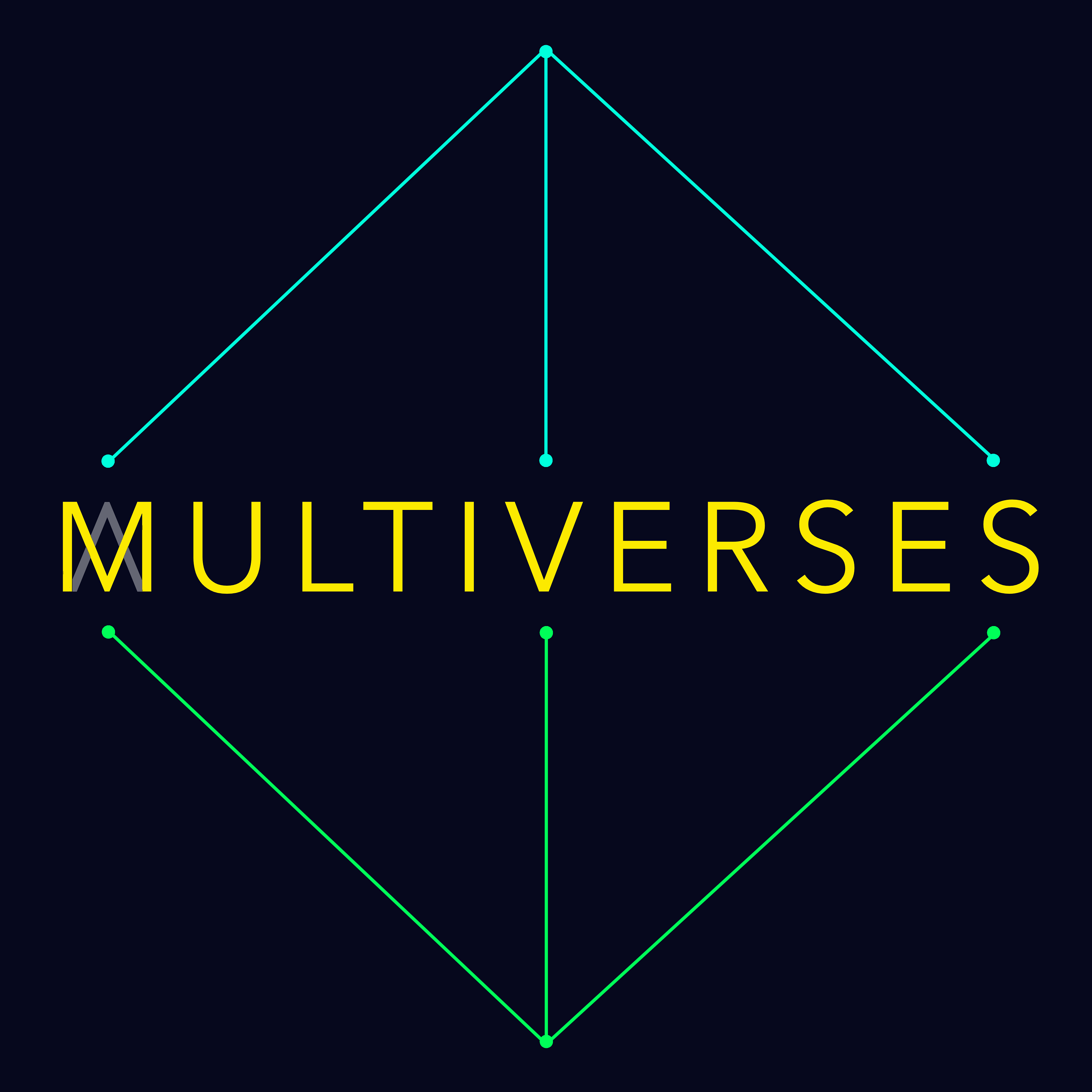13| Phylogeny & The Canterbury Tales — Peter Robinson
Description
The physical solidity of books encourages notions of "the text" or "the canonical edition". The challenges to this view from post-modernist thought are well known. But there are other ways in which this model of a static text may fail.
Our guest this week is Peter Robinson (my dad!) who takes us through his work on Chaucer's Canterbury Tales. This is a paradigmatic case of a work of literature that defies understanding as fixed text. Originally it would have been read, or performed. What exists now are fragments of transcripts of performances. And copies of those fragments. And copies of copies.
Using techniques from phylogenetics, Peter has led efforts to piece together the relationships between these manuscripts. By tracing how transcription errors (or edits) appear to propagate, we can create a family tree of the texts, just as we can trace the propagation of biological traits through generations.
Sounds simple? "After 30 years of working on this, we're really just beginning to understand what a representation of a textual tradition using these tools gives us"
* Peter's academic homepage [https://artsandscience.usask.ca/profile/PRobinson#Publications]
* Peter's article in Nature on The Canterbury Tales [https://www.nature.com/articles/29667] (there are not many articles in Nature about Chaucer!)
* Multiverses home [https://multiverses.xyz/podcast]
More Episodes
It can be tempting to consider language and thought as inextricably linked. As such we might conclude that LLM's human-like capabilities for manipulating language indicate a corresponding level of thinking.
However, neuroscience research suggests that thought and language can be teased apart,...
Published 05/15/24
Published 05/15/24
Words. (Huh? Yeah!) What are they good for? Absolutely everything.
At least this was the view of some philosophers early in the 20th century, that the world was bounded by language. ("The limits of my language mean the limits of my world" to use Wittgenstein's formulation over the Edwin Starr...
Published 04/12/24


